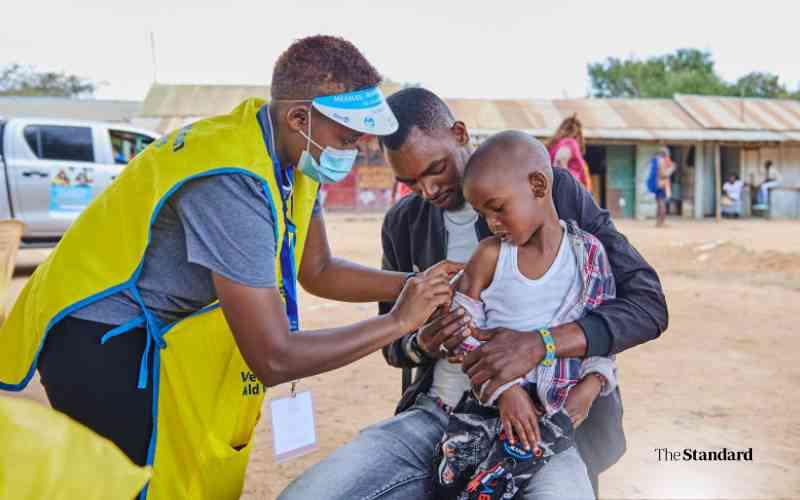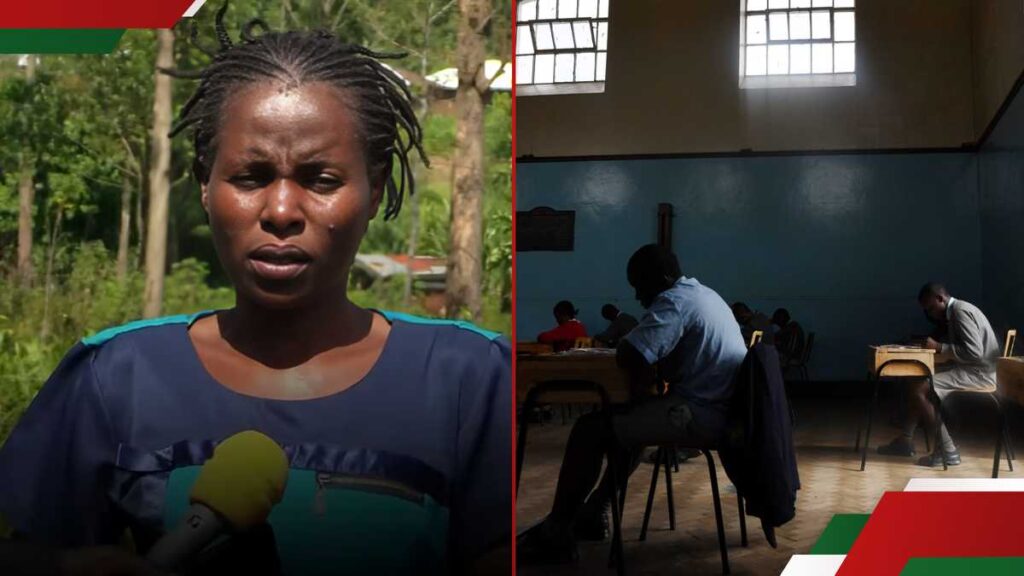Children in many of the world’s wealthiest nations have experienced a sharp decline in academic performance, mental well-being, and physical health in the years following the COVID-19 pandemic, according to the latest Report.
The report, Report Card 19: Child Well-being in an Unpredictable World, compares 2018 and 2022 data, offering a comprehensive view of how the pandemic affected children across 43 OECD and EU countries.
The report highlights that many children are behind academically, especially in reading and mathematics.
The report says school closures lasting 3–12 months led to significant learning losses, with children estimated to be 7–12 months behind their expected academic levels.
Disadvantaged children were most affected, widening the education gap. An estimated 8 million 15-year-olds, half of this age group, were assessed as not functionally literate or numerate, meaning they could not understand a basic text.
The Report analysis indicates that children’s life satisfaction levels have dropped substantially in 14 out of 32 countries with available data, pointing to deteriorating mental health.
Countries such as Japan saw improvement, but many others reported worrying declines.
Rising economic uncertainty and post-pandemic struggles have exacerbated mental health issues, while violence and bullying, both online and offline, continue to impact children’s well-being.
The pandemic also contributed to worsening physical health trends for children in high-income countries.
Overweight and obesity rates increased in 14 out of 43 countries, continuing a long-term trend, while poor nutrition and aggressive marketing of unhealthy food are key contributing factors.
Limited access to physical activity during pandemic lockdowns exacerbated the issue.
UNICEF urges governments and stakeholders to take immediate steps to reverse these troubling trends.
Investing in education recovery, prioritizing numeracy, literacy, and social-emotional skills for disadvantaged children, strengthening mental health support, increasing prevention programs, and tackling bullying, violence, and online safety.
Others include: Promoting better nutrition, ensuring healthy food access, and restricting harmful marketing of unhealthy products. The Report also stresses the importance of engaging children, listening to their experiences, and involving them in policy solutions.
“The extent of the challenges children are facing means we need a coherent, whole-of-childhood approach that addresses their needs at every stage of life,” said Bo Viktor Nylund, Director of UNICEF Innocenti.
Stay informed. Subscribe to our newsletter
The report warns that progress in child well-being remains vulnerable to global shocks, such as climate change, economic downturns, and future pandemics.
The findings serve as a wake-up call – even in the wealthiest nations, ensuring children’s long-term success requires urgent, sustained intervention.

























